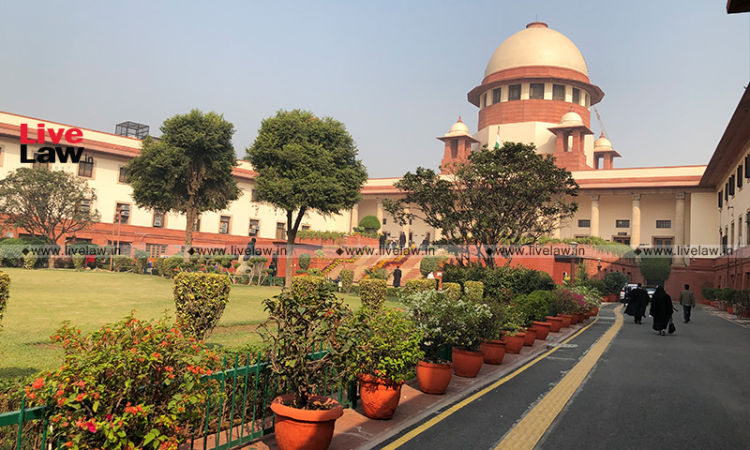Hijab Row: PIL In Supreme Court Seeks Common Dress Code In Educational Institutions
Srishti Ojha
13 Feb 2022 10:02 AM IST

Next Story
13 Feb 2022 10:02 AM IST
In the backdrop of protests against the hijab ban in colleges in Karnataka, a law student has moved the Supreme Court seeking directions to the Centre and States to strictly implement Common Dress Code in registered and State recognized Educational Institutions. The direction has been sought in order to secure social equality, assure dignity and promote fraternity, unity and...
